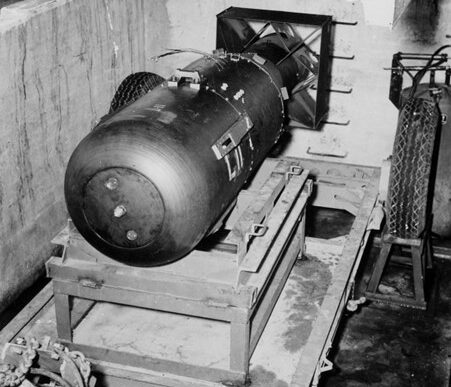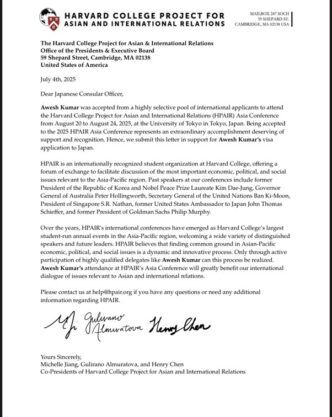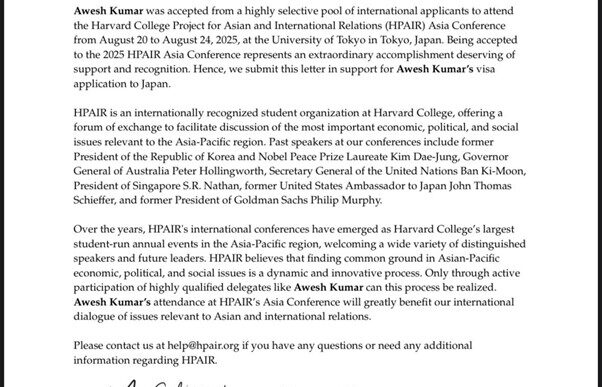India’s Energy Trade with Russia: In recent years, India has faced consistent criticism from both the United States and the European Union for its oil imports from Russia, particularly after the outbreak of the Ukraine conflict. These criticisms, however, stand in stark contrast to the actions of the very nations pointing fingers—nations that have continued their own significant trade engagements with Russia, even in non-essential sectors.
The Genesis of India’s Energy Imports from Russia

Following the onset of the Ukraine conflict in 2022, global energy markets experienced a dramatic shift. Traditional suppliers of crude oil and gas began redirecting their exports toward European countries, who were urgently seeking to reduce their dependence on Russian supplies. As Europe absorbed new energy streams, India—like many other major economies—was compelled to look elsewhere to meet its domestic demand.
It was during this period that India turned toward Russian crude, attracted not only by availability but also by favorable pricing. Contrary to popular narratives, this move was not politically driven but economically essential. In fact, at that time, the United States itself had encouraged India’s continued engagement with Russia to ensure global energy market stability.
Ensuring Energy Security for the Indian Consumer
India’s decision to import energy from Russia was rooted in one primary concern: protecting the Indian consumer. With a growing population and expanding economy, India requires reliable and affordable energy sources. Securing oil at competitive prices helps contain inflation and ensures predictable energy costs for households and industries alike.
These are not luxury imports or geopolitical posturing. They are necessities—vital to national energy security and economic stability in a volatile global market.
The Hypocrisy of Western Criticism
What is particularly revealing is the duplicity of those nations that have criticized India’s energy ties with Russia, while themselves continuing—often expanding—their own trade with Moscow.
In 2024, the European Union reported a bilateral trade of €67.5 billion in goods with Russia. Additionally, EU-Russia services trade was valued at €17.2 billion in 2023. These figures far surpass India’s total trade with Russia for the same period.
More strikingly, European LNG imports from Russia hit a record 16.5 million tonnes in 2024, up from 15.21 million tonnes in 2022. This surge suggests that European nations, despite their public stance, continue to rely heavily on Russian energy resources.
But Europe’s imports from Russia are not limited to oil and gas. They span a wide range of sectors—including fertilizers, mining products, chemicals, iron and steel, machinery, and transport equipment—all of which reflect long-standing and diverse economic engagement.
The United States, too, maintains vital trade links with Russia. It continues to import uranium hexafluoride for its nuclear industry, palladium for its electric vehicle sector, and significant volumes of fertilizers and chemicals.
A Matter of National Interest
Against this backdrop, the scrutiny directed at India is not just hypocritical—it is unjustified. Unlike the West’s broad-based trade with Russia, India’s imports are focused and essential, aimed solely at protecting its national interest and ensuring the well-being of its people.
India, as a sovereign and responsible global player, has consistently upheld the principles of international cooperation and dialogue. However, it will not compromise on issues of economic security or national interest under external pressure.
Conclusion on Energy Trade
India’s energy trade with Russia must be viewed in the context of necessity, not opportunism. While Western nations continue extensive trade relations with Russia, often in areas that are far from essential, India’s actions are rooted in economic compulsion and strategic prudence.
As the world navigates an increasingly complex geopolitical landscape, it is imperative to maintain fairness, avoid double standards, and recognize the legitimate interests of all nations. Targeting India for decisions that ensure the energy security of over a billion people is not only unreasonable—it is fundamentally unjust.
Source: https://www.facebook.com/share/p/1ArPc6TK3K/?mibextid=wwXIfr
Image Souce – India Today Global
















